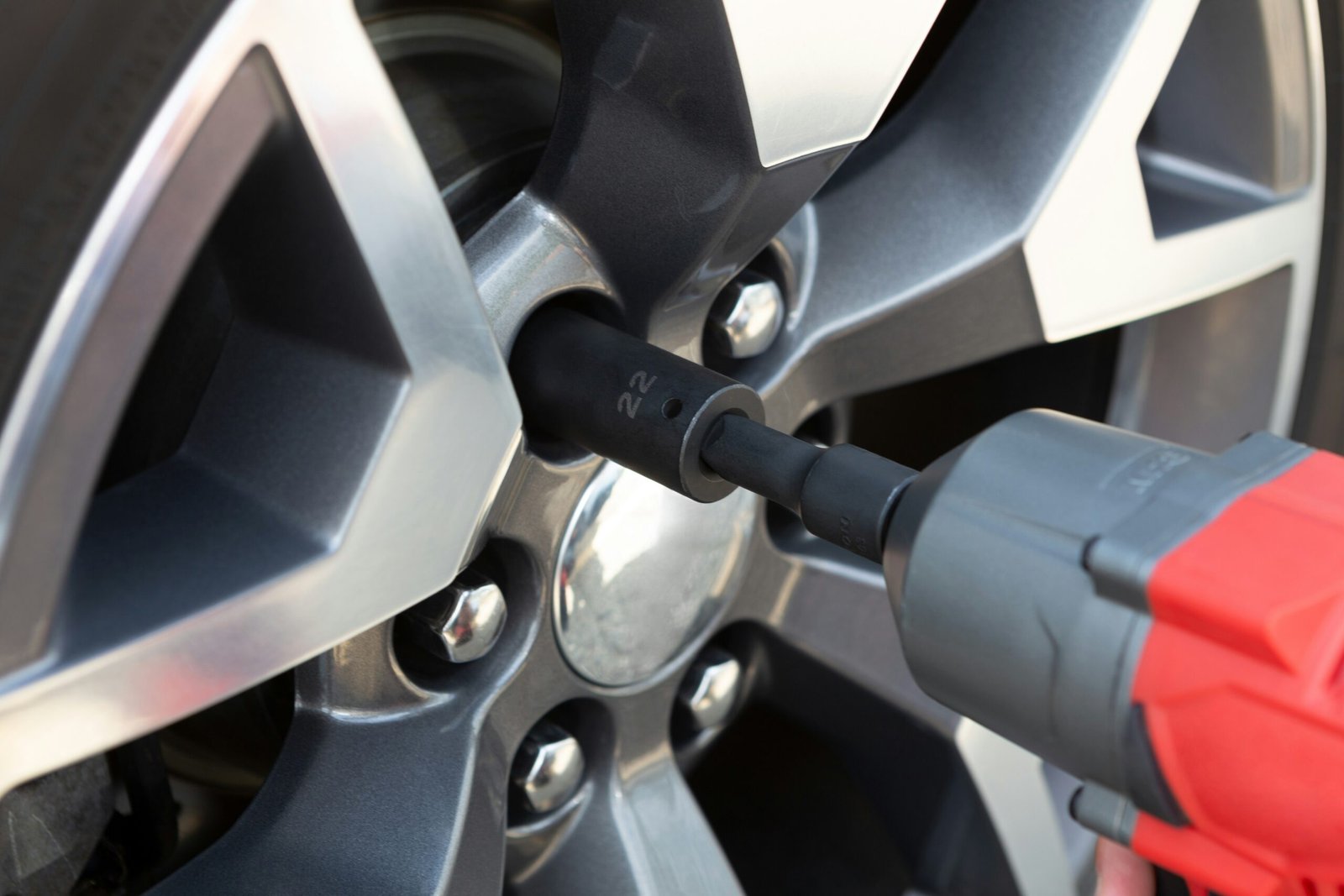When it comes to deciding whether to repair your vehicle or buy a different one, one of the key factors to consider is how long the vehicle will remain reliable without becoming a financial burden. Estimating the longevity of a car involves taking into account various aspects. Let’s explore some of these factors:
Maintenance History
Regular maintenance is crucial for the longevity of any car. A well-maintained vehicle, with proper fluid top-ups, regular oil and filter changes, and comprehensive checks by experienced professionals, can reliably last 200,000 miles or more. But it goes beyond the basics listed in the maintenance manual; it includes adhering to the manufacturer’s instructions for additional maintenance tasks like spark plug changes, engine and cabin filter replacements, fluid exchanges, and belt replacements. Even if the manufacturer claims that certain fluids are “lifetime” and never require replacement, it is advisable to change them when planning to keep the car for over 100,000 miles. Electric vehicles require less maintenance, but it is still important to change any fluids. Verifying the complete service history of a used car is essential when making a purchase. Regular cleaning, including the under-body, is also important to prevent corrosion, especially in areas where salt is used during winter. Rust not only affects the body but also the suspension and other under-car components. Additionally, whenever possible, keeping the car garaged helps prevent premature wear and tear on the body.
Staying on Top of Repairs
Addressing issues promptly is crucial not only to resolve immediate problems but also to prevent further damage that can lead to more expensive repairs if left unrepaired. For instance, ignoring a check engine light can result in misfires that can damage internal engine components and exhaust parts. Similarly, neglecting to fix a brake noise may create unsafe driving conditions and potentially damage brake rotors and calipers. Being proactive in addressing repairs ensures the longevity of your vehicle.
Vehicle Make and Model
Choosing a car with a reliable track record and a lower cost of ownership can save you money on repairs and provide years of trouble-free ownership. Before making a purchase, research vehicles that meet your requirements and have an excellent reliability record. This way, you can make an informed decision and enjoy a reliable vehicle for years to come.
Avoiding Modifications
While it may be tempting to modify your car for performance enhancements, it is important to consider the potential consequences. Engineers spend a significant amount of time designing automobiles, and modifying systems such as suspension or drivetrain can lead to issues and reduce the overall lifespan of the vehicle. While performance enhancements can be enticing, they often come with additional costs and potential drawbacks.
Vehicle Usage
How you drive your vehicle plays a significant role in its cost of ownership and overall reliability. Avoiding rapid acceleration, abrupt stops, and driving at excessive speeds can prevent premature wear on various components. Additionally, being mindful of potholes and regularly using the emergency brake and air conditioning system can help reduce the need for repairs on these and other components.
By maintaining your vehicle properly, selecting a reliable make and model, and driving responsibly, you increase the chances of your car serving you well for 200,000 miles or more.
Ultimately, the decision to repair or replace your vehicle depends on various factors. By considering the maintenance history, staying on top of repairs, choosing a reliable make and model, avoiding modifications, and practicing responsible driving habits, you can make an informed decision that ensures the longevity and reliability of your car.

